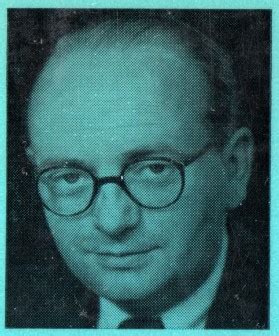A Quote by Simon Norfolk
[My] pictures are about memory and forgetfulness. The evidence is dissolving. Bones crumble; human ash returns to soil; teeth, sandals, hair, bullets, axes disperse into atoms and molecules. Footprints in the snow will be erased by the next storm. The evidence of evil, like the evidence of good, obeys the universal laws of entropy. Heat cools, matter disintegrates, memories fade. If we let them.
Related Quotes
Chauvet Cave is rather like the awakening of the modern human soul or I would say the awakening of modern human culture. Because Neanderthal men who still rode the landscape parallel to the people who did these paintings didn't have culture. There's no evidence of culture, no symbolic depiction, no evidence of music, no evidence of sculptures, no evidence of religious beliefs.
But what, after all, is faith? It is a state of mind that leads people to believe something - it doesn't matter what - in the total absence of supporting evidence. If there were good supporting evidence then faith would be superfluous, for the evidence would compel us to believe it anyway. It is this that makes the often-parroted claim that 'evolution itself is a matter of faith' so silly. People believe in evolution not because they arbitrarily want to believe it but because of overwhelming, publicly available evidence.
I believe in evidence. I believe in observation, measurement, and reasoning, confirmed by independent observers. I'll believe anything, no matter how wild and ridiculous, if there is evidence for it. The wilder and more ridiculous something is, however, the firmer and more solid the evidence will have to be.
Whether we like it or not, quantification in history is here to stay for reasons which the quantifiers themselves might not actively approve. We are becoming a numerate society: almost instinctively there seems now to be a greater degree of truth in evidence expressed numerically than in any literary evidence, no matter how shaky the statistical evidence, or acute the observing eye.
When you're dealing with a problem as complex as autism, you have to look at it from many different points of view and assemble evidence from many different vantage points. Biological evidence in humans and in animals, toxicologic evidence, how does the body deal with toxins, and evidence looking at the actual experience in populations.
I destroy because for me everything that proceeds from reason is untrustworthy. I believe only in the evidence of what stirs my marrow, not in the evidence of what addresses itself to my reason. I have found levels in the realm of the nerve. I now feel capable of evaluating the evidence. There is for me an evidence in the realm of pure flesh which has nothing to do with the evidence of reason. The eternal conflict between reason and the heart is decided in my very flesh, but in my flesh irrigated by nerves.



































